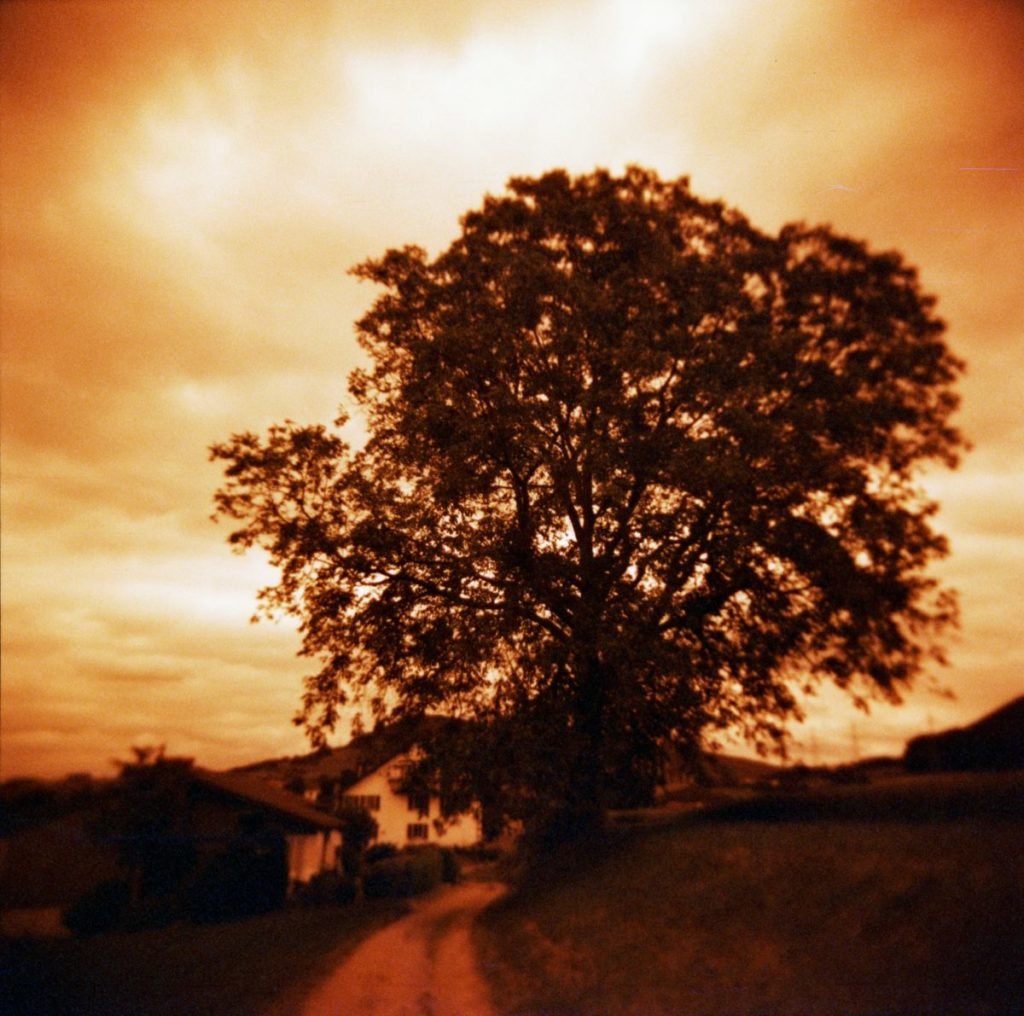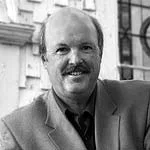I once held my cousin in a Dixie cup. At least a part of him. The improvised committal on the banks of Nottoway Swamp was a fitting send-off for a man who wanted no ceremony. Prone to eccentricity and melancholia like many of my clan, Cousin Bill had requested only that we scatter him after the annual family reunion in tidewater Virginia. Over BBQ, collard greens, and caramel cake at the Ruritan building, we lit a candle for him and Alice Page, our other casualty that year, then offered the swamp excursion for those who wanted to go all in.
We wound our way through the tall pines to the boat landing. Fortunately someone had the Dixie cups in their car, else we might have been hand-scooping the cremains from the plastic bag. Even so, we were enough of a spectacle to startle a man fishing serenely from a large cypress root. We raised our ashy chalices to the sky with a hearty cry—“To Bill!”—then dusted the black water with our departed loved one. The fisherman retreated to his car.
We lingered to take pictures in the dappled light beneath the trees. I posed for one between my cousin Kiki, down from Connecticut, and her dad, my uncle, also named Bill, up from Florida. Like Scattered Bill, the three of us shared the family temptation to take up words or brush to paint the world with some kind of art. We look all normcore in the photo, but don’t let my Dallas Cowboys ball cap, Bill’s polyester pants, or Kiki’s appliqué flowers fool you. We’ve been living on the ragged edge for a long time.
Just a few miles up the road from the swamp is the small house my dad built for his mother with his first real paychecks. I still know it as Grandma’s House, though these days, under present ownership, it looks like the shabby office of a rural junk yard. In the summer of ’78, however, it was heaven itself.
Grandma’s art was of the earth. Vibrant gladiolus and other splashes of floral color lined the house behind the half-buried white-washed tires and old license plates that framed her yard. A garden stretched from the dirt road out front all the way to the setting sun, which disappeared every evening behind the pole beans and crowder peas. In the late afternoon we watched it from the lawn chairs gathered under the black walnut tree by the scuppernong arbor, the grapes browning toward their late summer glory.
It was the summer I was transitioning from public middle school to private college prep school— the step that was supposed to give me a leg up and out of rural Virginia. Even so, my parents made the mistake of sending me to Grandma’s where I was only drinking that rural potion in more deeply. I was intoxicated. By Kiki, my beautiful cousin, painting rocks she’d collected. By Grandma’s supernatural calm as her world-weary hands, shaking from a family tremor, shelled beans. And by Uncle Bill’s journal.
It was a rag tag Woolworth’s notebook of a thing filled with random quotes, stray reflections, and clippings from newspaper cartoons and articles. In it Uncle Bill was collecting a life that seemed to him to be coming apart. His marriage ended, his career undone, his parenting now a series of sporadic visits like this one, he was wandering. But for that dog days week he was at home and I was watching him build worlds with words.
When I got back home I went to Drug Fair and bought a big, spiral-bound with a purple cover—five subjects!—and started my own journey. I didn’t know what to do with this enormous, empty potential. I filled my notebook with Mark Trail comics, questions to Uncle Bill, and unkempt desires for lost and found loves.

It took most of high school to fill that book, but it was followed by others and now I marvel at the box-full of journals I lug around with every move. The thoughts I commit to them these days are less anxious, less concerned with reportage or history. The freedom in them I trace back to that backyard moment looking over my uncle’s shoulder, immersed in the company of blood so strange and yet familiar. That’s when the writing life—it came for me.
After the committal in the swamp, Kiki and my uncle came to stay with us for a couple of days at our then-home on the Eastern Shore of Virginia. Uncle Bill was tired. A bit scattered himself, complaining that he couldn’t collect his thoughts. The next day, Kiki, weary of too much family togetherness, was ready to go explore a beach.
We left Uncle Bill on the screen porch by the fig tree. I encouraged him to write. Our little independent book store was having its first poetry reading that night. “You could share,” I said.
“Maybe one of my old ones,” he said wearily.
As we walked the beach Kiki and I talked about the difficulties of connecting with our aging dads. The sadness of things slipping away. The difficulties of being adults when we still felt as unprepared as we had in ’78.
We returned to the house not expecting anything new, but Uncle Bill had risen to the occasion. He met us at the screen door. He had a poem.
A few hours later we were in The Book Bin with a dozen of my neighbors. I read a poem about that long ago summer and the birth of my journals watching Uncle Bill. He did read one of his old ones but then pulled out the new poem he had written on the porch.
It spoke of the indignities of old age—losing your glasses when they’re right there in your pocket all along. But it was also about how other things you think you’ve lost, like inner wisdom, turn out, unexpectedly to still be there, unacknowledged, unrecognized.
The crowd was generous and warm. Uncle Bill’s face relaxed into something like joy. Grandma was surely smiling somewhere.
We spent the rest of the night in the crowded rear of the bookstore, sipping Food Lion wine from little plastic cups. We were no less scattered, but perhaps a little less lost. Held aloft by some love that will not die.

Share this post with your friends.


What a marvelous, loving, and interesting story. Thanks for sharing. I still talk about the Palestine/Isreal trip. In fast i was mentioning it to a friend who lives in California on the phone last night. Hope all is well. And by the way I grew up making scuppernong jelly. One does not hear about that grape very often.
So glad Alex Joyner’s beautiful writing is getting out there. Check out his website. Great reviews too…
Great reviews only for great books like yours, Katherine James! Thanks so much. Hope you’re writing!
And good to hear from you Hettie. It was a great trip. Love scuppernong jelly!